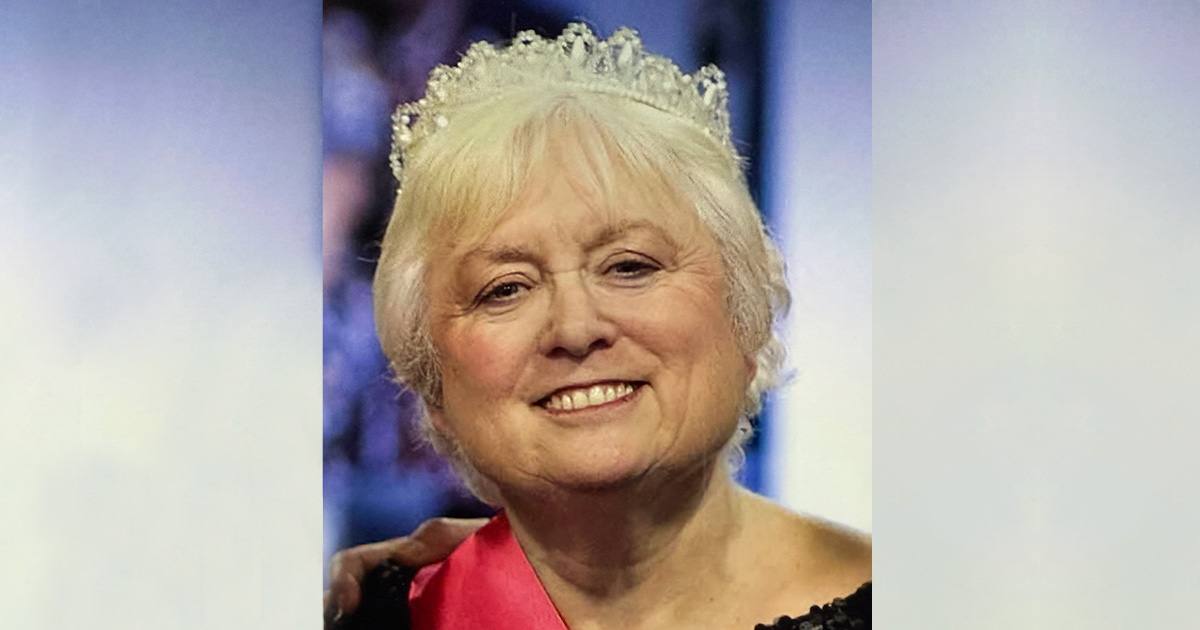Feeling a lack of motivation in your job? Vacant posts not being filled to save money? Not feeling valued? This was a recurring theme in the Francis Report (2013) and I wonder if this is happening in diabetes nursing? Thankfully, I have never worked in an environment where I have not felt valued as a DSN, but it does sometimes feel like we are like the proverbial “hamster in the wheel”.
In a commissioned healthcare system, we are driven to achieve outcomes designated by people who do not necessarily understand what they are expecting from a service or how easy it is to achieve. For example, we all know how important structured diabetes education is, but some people with diabetes do not necessarily agree. This is evident from our did not attend (DNA) rates. A review of the recent literature on non-attendance to education sessions found that there are common reasons why people choose not to attend (Lawal, 2014).
In my role, I regularly have to supply figures for attendance rates to structured education sessions to my employers. We have a range of DNA rates throughout the year, with the highest rates (11–24%) occurring in August or December. We have tried offering the sessions at different times of the day, on different days of the week and in different languages, but none have these factors have really improved the overall DNA rate. We know from feedback, however, that those people who do attend really enjoy the sessions and they tell us that they feel more equipped to self-manage their condition.
Helping people to better care for themselves can improve their physical and mental wellbeing, and change how they use services. There is good evidence that supporting self-management works (Health Foundation, 2011) and I believe this is one of the strengths of nurses specialising in diabetes.
A recent supplement in the Health Service Journal discusses the value of specialist nursing within the NHS (Read, 2015). The supplement highlights the huge contribution to patient care made by specialist nurses and dispels the myth that specialist nurses, whatever the field, are expensive. The document points to the key skills that specialist nurses possess, including:
- A knowledge of, and insight into, the entire patient pathway.
- A high-level expertise of the patient group for which they care.
- Additional qualifications meaning they can perform advanced tasks; this may include ordering and interpreting tests and investigations, conducting physical assessments and prescribing medications.
- A considerable knowledge of the healthcare organisation in which they work, and of partner organisations.
If you need evidence to support a business case for more diabetes specialist nursing staff, have a read of this supplement. It reminded me that our skill set enables us to provide care at reduced cost and increased efficiency, treating the person, not the condition. We should congratulate ourselves in providing excellent patient care and experience but, more importantly, remind our managers that we do this on a daily basis. Jill Firth, Consultant Nurse in Rheumatology, is quoted as saying:
“There’s really, really strong, multi-centre, randomised control evidence that nurse-led care produces equivalent outcomes at lower cost.”
Professor Alison Leary, Professor of Healthcare Modelling at London South Bank University, has extensively researched specialist nursing in advanced practice and describes specialist nurses as
“…not people who are a nice extra. They’re responsible for managing very complex caseloads of patients with multiple comorbidities”.
I totally agree, Alison!





International Diabetes Federation officially recognises “type 5 diabetes”, decades after first being observed.
24 Apr 2025